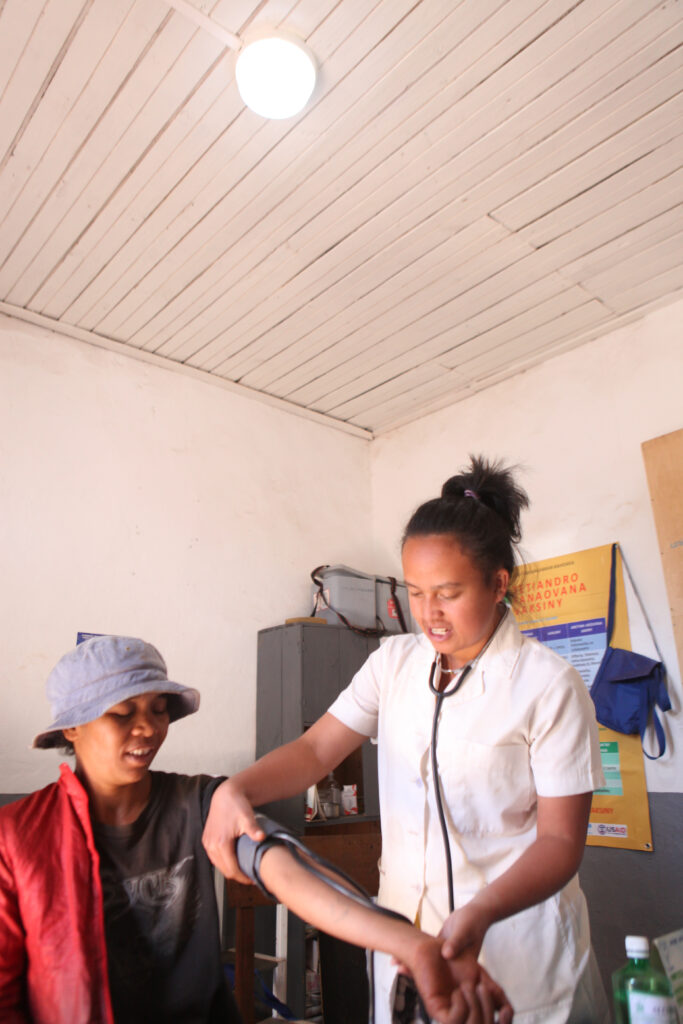Socially inclusive solutions are essential to make energy a lever for the achievement of the SDGs
The development of DREs represents a real chance of providing access to a large part of the 10% of the world’s population that still live without electricity. Unfortunately, the IEA tells us that in about 80% of countries that have not yet achieved universal coverage, the current rhythm of progression is too slow to make SDG 7 attainable by 2030.
One of the main reasons : those currently left out are also the less viable customers, in many cases too poor to pay the cost of electricity access, a cost that is often higher than in denser areas.
And having gained affordable access to Tier 1 is not sufficient by itself for access to electricity to have an impact on other SDGs such as 3 Better health and 4 Better education. For this, you have to power health centres, schools, collective and public services, that are often already underfunded.
In sub-Saharan Africa, where most people without access currently live, 15% of health centres have no electricity access, and 50% only have an unreliable access to electricity. The situation is even worse for schools : about two thirds have no access to electricity.

Jean Baptiste Baldi
As an NGO specialised in access to energy for the most vulnerable, Electriciens sans frontières believe in solutions that cover individual, productive and public services’ needs. We developed Café Lumière® (The Light Café): an intermediate micro-grid powered by solar energy, offering to individuals and productive actors: universal access to minimum improved energy services for all at the same level of price, and upgradable incremental access to services for high-energy consumption and mini-grid connection. For prioritised public services: their electricity bills are taken in charge at no cost, under a cross subsidisation principle.
Local NGOs are mobilised to make sure that access is provided fairly and to improve essential services. The platform’s daily operations are entrusted to a local private service provider: ARESS and ISMAST in Benin, ANKA in Madagascar, with a different model that aims at covering a larger base than mini-grids, and reducing the risk of taking on a more social operation for private operators.
Started in 2016 in Madagascar with financing from the French Development Agency and other private foundations, the project was replicated in Benin with the support of the Millenium Challenge Account II and is now a full blown programme with financing from the AFD: 10 platforms in operation (six in Madagascar, four in Benin), and 12 platforms in development in new villages (four in Madagascar, two in Benin, six in Togo).
